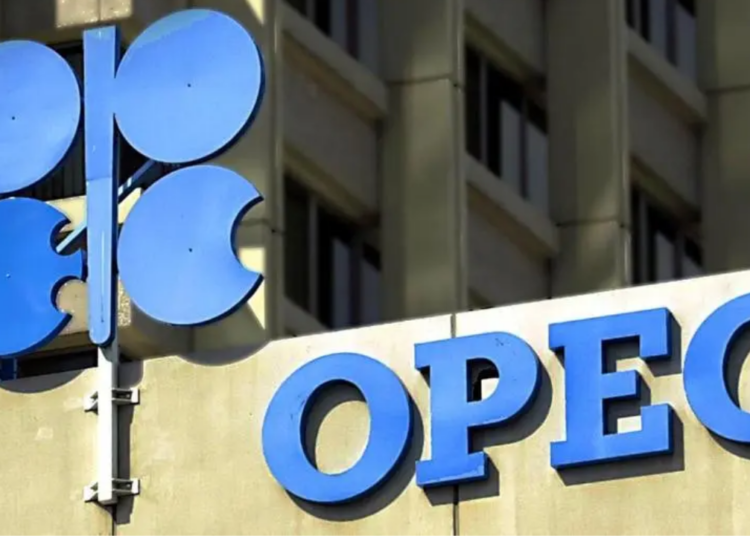The Organization of Petroleum Exporting Countries (OPEC) maintained a consistent crude oil production in December 2023, averaging 28.05 million barrels per day (bpd).
This was affirmed by a Bloomberg survey, indicating that Nigeria contributed an extra 50,000 bpd, augmenting the output.
OPEC adhered to production limitations, as observed in countries such as the United Arab Emirates and Angola, which curtailed their output. Nevertheless, Nigeria offset these reductions, helping OPEC reach an average of 28.05 million bpd in December.
The report stated, “Supply declines from these two members were tempered by increases elsewhere. Nigeria bolstered supplies by 50,000 barrels a day to 1.49 million a day in December, in line with a revised quota that it successfully negotiated for this year.”
The latest data from the Nigerian Upstream Petroleum Regulatory Commission (NUPRC) indicates the country’s daily oil production stands at 1.25 million barrels, communicated through its “direct communication” channels.
Furthermore, OPEC’s projection forecasts Nigeria to produce 1.5 million bpd in 2024, although the federal government asserts the country could potentially reach as high as 2 million bpd this year.
As per Bloomberg, current expectations anticipate a reduction in output this month as the OPEC+ coalition implements additional cuts of around 900,000 barrels per day. This measure aims to prevent a potential surplus and protect declining crude prices.
Saudi Arabia is spearheading this reduction by maintaining its current cut.
The UAE also agreed to decrease its oil production by 163,000 barrels per day, while Iraq plans to cut an additional 220,000 barrels per day for the first three months of the year.
Additionally, Angola announced its withdrawal from OPEC in December, citing its refusal to accept a reduced limit imposed by OPEC’s leaders. However, its output in December, consistent with the level it had rejected, reflected years of underinvestment.
Countries like Saudi Arabia, Russia, the UAE, Iraq, Kuwait, Kazakhstan, and Algeria aim to gradually increase production, contingent on the performance of the oil market.
OPEC+ is seeking to reduce oil production due to the decline in prices from almost $98 in late September. Concerns are mounting regarding a potential slowdown in the global economy in 2024, leading to an anticipation of surplus oil availability.




